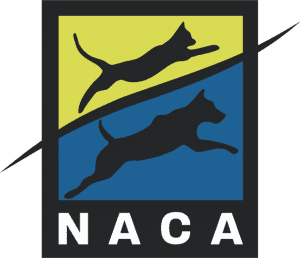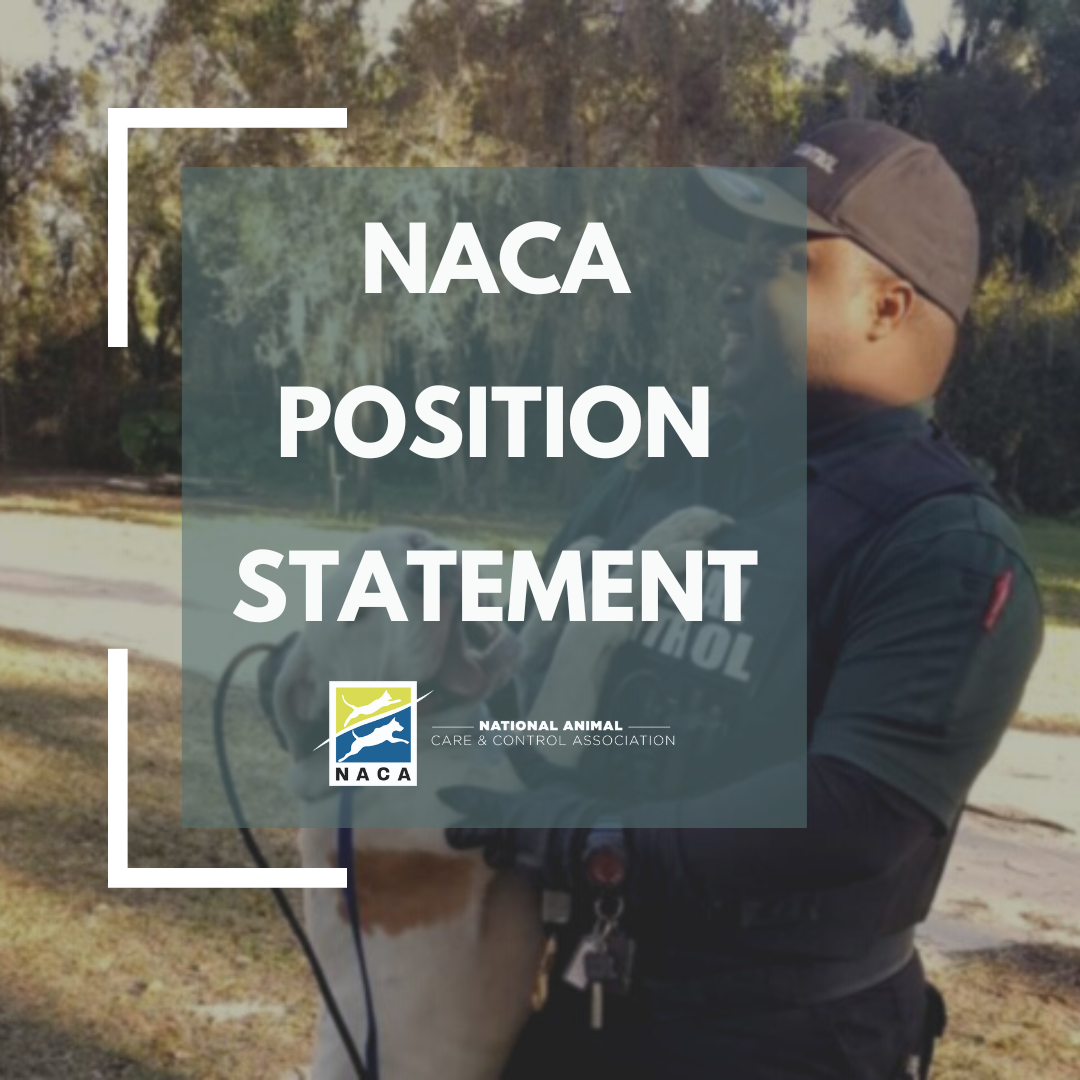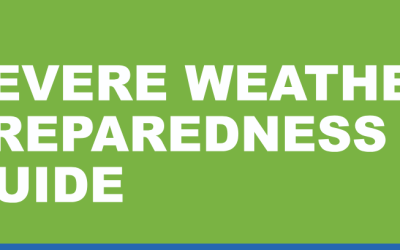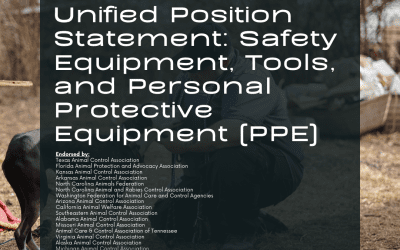Dear colleagues,
NACA wants to thank you for continuing to go above and beyond every day for the animals and people in your communities. At our very core, NACA envisions a world in which all animal care and control professionals are respected as essential public servants and receive consistent support, resources and training allowing them to effectively and compassionately achieve the highest quality of life for the animals and citizens in the community they serve. Please read below for our most current position statement in response to the potential for expansion of Courtroom Animal Advocates Program (CAAP) Laws. This statement is directly in line with that of NACA’s 44-year-old mission, vision, and values. We are honored to be doing our part to help protect those that protect the animals and people in their communities, the brave Animal Control Professionals. Thank you for all you do!
Background
Courtroom Animal Advocate Program (CAAP) is described as “laws that allow legal practitioners – supervised law students or volunteer lawyers – to advocate for animal victims in criminal cruelty cases. Volunteers appear in court and assist the judge by drafting briefs, conducting research, gathering information from veterinarians, animal control officers, and law enforcement officials, and making recommendations on behalf of the animal victim’s interest.”
These laws are based on Desmond’s Law, passed in Connecticut in October 2016, which allows legal advocates to testify on behalf of animal victims in cruelty and neglect cases. The impacts of these laws have yet to be studied and there is no evidence to show the rates of animal crimes have dropped in Connecticut since the law was enacted in 2016.
There is a likelihood that several CAAP laws will be introduced in multiple states this coming year. These laws have the potential to negatively impact animal control agencies and officers.
Animal Control Officers have historically served as advocates for animals in cruelty and neglect cases and we are concerned these laws have a real potential to further marginalize and silence the voices and experiences of the animal control officers themselves. We believe that adding an external advocate to already-complex cases is likely to lead to a divergence of opinions on what is ‘best’ for the animal victim. It is not clear how the varying opinions of the investigating officer, the prosecutor, and the court-appointed advocate would be weighted.
NACA’s Recommendation
Given the potential negative consequences of CAAP bills, as well as the fact that there is no data to show that CAAP laws achieve their stated purpose, we recommend these laws are carefully studied to determine the impact on animal victims of cruelty and neglect and on the overall welfare of animals. We do not recommend the introduction or adoption of new CAAP legislation at this time, due to this lack of information.
Further, we recommend animal control officers throughout the U.S. are afforded ongoing opportunities to provide meaningful feedback on any bills that will impact animal cruelty and neglect cases in their state.
Animal Control Officers’ Expertise and Experience Should Drive Policy Change
Animal control agencies consistently identify several key challenges related to the successful investigation and prosecution of animal cruelty and neglect cases. These include:
- a critical lack of human and financial resources to adequately investigate and prosecute; and
- a disconnect between animal control officers and the rest of the justice system; and
- a lack of urgency that often results in months to years-long wait for animals in shelter kennels waiting for cases to be heard; and
- a confusing and outdated state and local law when it comes to animal cruelty and neglect.
We ask policymakers to engage with animal control professionals to better understand the issues they face and to create laws and policies to address them.
With gratitude,
Jerrica Owen, CAWA | Executive Director
National Animal Care & Control Association





